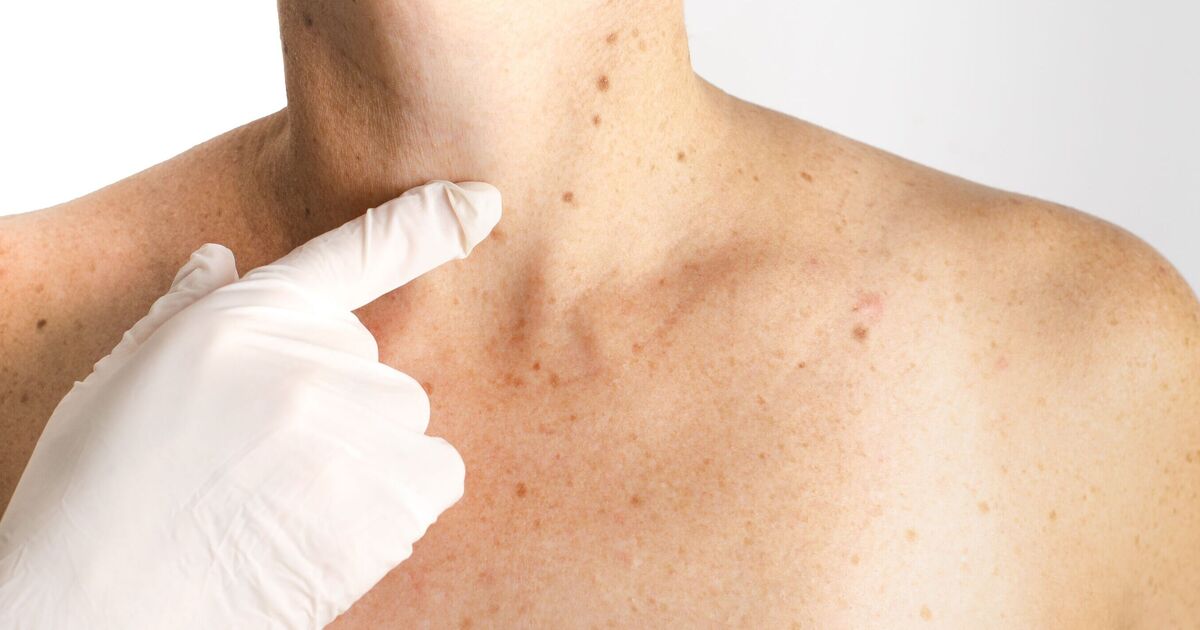

A dermatologist has shared important warning signs you might have skin cancer, alongside advice for individuals concerned about new marks on their body.
Dr Zade, who goes by @johnzademd on social media platforms, has issued a grave caution urging everyone to frequently inspect their bodies for novel markings, claiming it could be lifesaving.
In a recent online video, he highlighted: "Do you guys know what the most common signs of skin cancer look like and what to look out for so you can catch them early on yourself or loved one and get them treated quickly."
He initially discussed basal cell carcinoma, characterizing it as a "lump with blood vessels around it".
Furthermore, he emphasised the necessity of watching out for squamous cell carcinoma, noting that it may manifest as "scaly", resembling a raised scab that's either white or dark.
He also stressed the importance of annual visits to your dermatologist to maintain peace of mind, particularly when noticing any fresh bumps, lumps, or discolorations.
According to NHS figures, skin cancer ranks among the world's prevalent cancers. An NHS statement elucidated: " Non-melanoma skin cancer refers to a group of cancers that slowly develop in the upper layers of the skin."
The term 'non-melanoma' is used to differentiate these more commonly occurring types of skin cancer from the rarer and more rapidly spreading melanoma cancer.
"The first sign of non-melanoma skin cancer typically presents as a lump or discoloured patch on the skin which doesn't heal within a few weeks.
"In most cases, cancerous lumps are red and firm, while cancerous patches are often flat and scaly.
"Speak to your GP if you have any skin abnormality that hasn't healed after four weeks. Although it is unlikely to be skin cancer, it is best to be sure."
Main symptoms of melanoma skin cancer.
To reduce your risk of developing skin cancer, the NHS advises minimising sun exposure, particularly between 11am and 3pm when the sun's rays are at their strongest.
This can be achieved by donning protective clothing and slathering on sunscreen with a minimum SPF of 30.
When you book an appointment with your GP regarding skin concerns, expect to be quizzed about your health, family medical history, existing medical conditions, and the specifics of your symptoms.
The guidance continues: "Tell the GP if you have a mole, freckle or other area of skin that's recently changed. Also tell them if you or a member of your family have had skin cancer in the past.
"The GP will examine your mole and any other affected areas of skin. They might request permission to take a photo of it to forward to a specialist (dermatologist) for assessment, a process known as teledermatology."